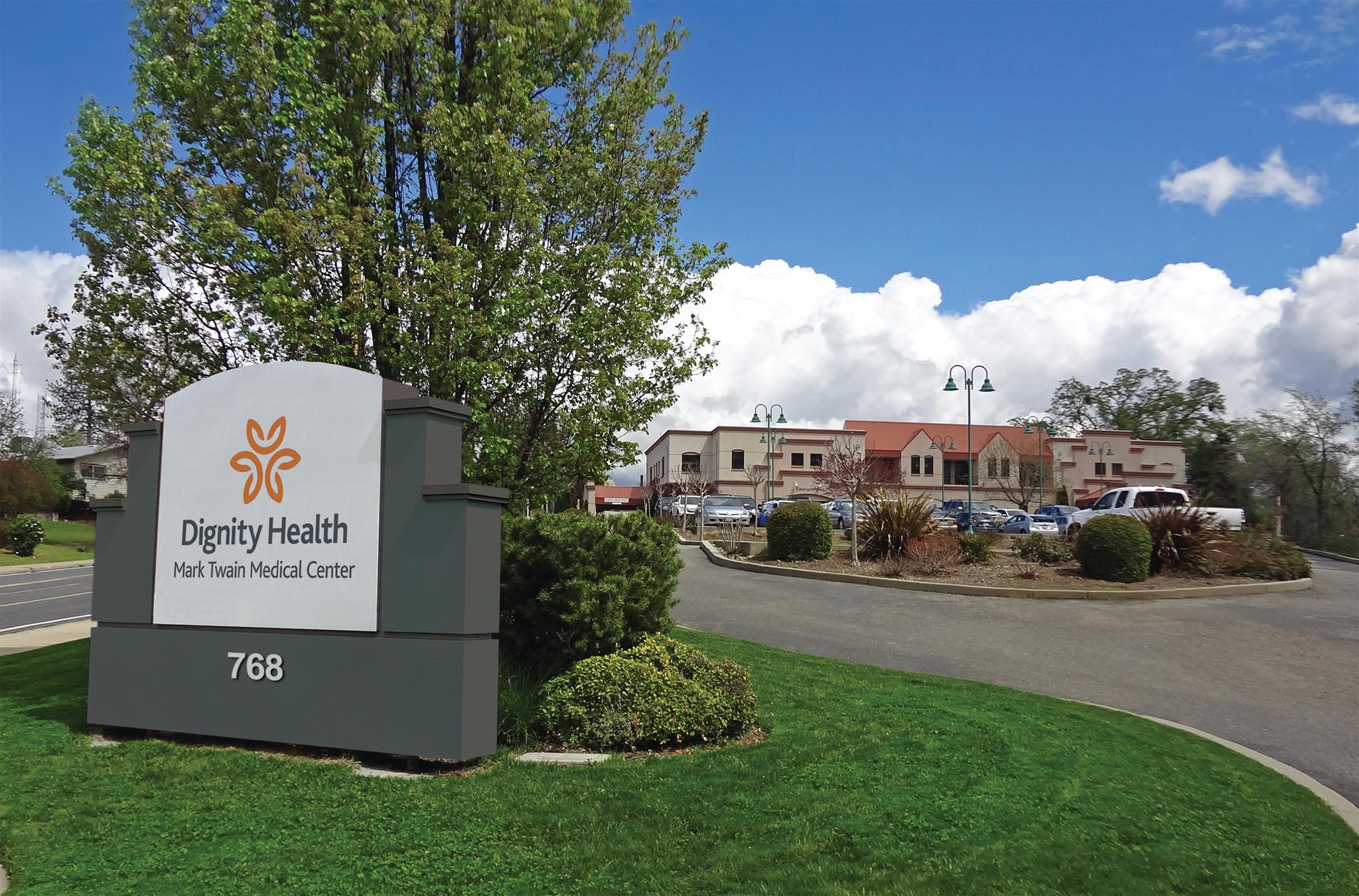San Andreas, CA…On March 9, 2025, clocks “sprang forward,” losing an hour as daylight saving time. While longer daylight hours may seem beneficial, the abrupt shift in time can have serious health consequences—especially when we lose sleep.
Research has shown that the transition into daylight saving time is associated with an increase in health and safety risks. A study published in Current Biology found a 6% increase in fatal car crashes in the U.S. in the week following the switch to daylight saving time. Additionally, the loss of sleep has been linked to a higher risk of heart attacks, strokes, and workplace injuries.
“The good news is that there are steps you can take to minimize the impact of the time change,” says Dr. Pardeep Athwal, Chief Medical Officer at Mark Twain Medical Center. “Start adjusting your sleep schedule a few days before the switch by going to bed 15 to 30 minutes earlier each night. In the morning, expose yourself to bright light to help reset your internal clock. Avoid caffeine and heavy meals close to bedtime, and make sure to prioritize getting at least seven hours of sleep in the days following the transition.”
The disruption to the body’s internal clock, or circadian rhythm, plays a key role in these negative effects. Extended evening light delays the release of melatonin, the hormone that signals the body to wind down for sleep. This can lead to shorter and lower-quality sleep, leaving many people groggy and less alert during the day. Sleep disturbances are also linked to a higher risk of mood disturbances, including depression and anxiety.
To help with the transition, the American Academy of Sleep Medicine advises individuals to be extra cautious while driving and performing tasks that require full attention in the week after the time change. Gradually adjusting sleep and wake times in the days leading up to DST can help ease the body’s adjustment, reducing the risk of accidents and health complications.
About Mark Twain Medical Center
Founded in 1951, Mark Twain Medical Center is a 25-bed, critical access hospital
providing inpatient acute care, outpatient services and emergency services; including
Specialty Care Centers and four community Medical Centers. Our Medical Staff
represents a broad range of specialties that ensure access to high quality medical care
in a rural community.
###




My health especially mental is affected by the project 2025 plan being forced on America.
The Republicans in implementing their 2025 plan are the true death party. By in their budget proposal eliminating medicaid will cause many to have poor health, and deaths from lack of ability to get medical care they need.
The Republicans are also going after SS and Medicare, and will propose SS Advantage, as they already did allow Medicare Advantage, which many find out is private health non care, it does not cover expensive care needed by seniors, their claims denied , prescriptions cost much more, if covered at all.
The billionaires have healthcare, and a secure retirement, the majority now are being denied access to SS office calls, and service with extreme wait times due to the many rounds of cuts to the SS employment numbers. The same with the IRS. The GOP bill cute IRS staff, and eliminates audits of the wealthy, also increases income taxes on the middle class, poor, to pay for the $trillion tax cuts for the .001%.
Did you vote for this?